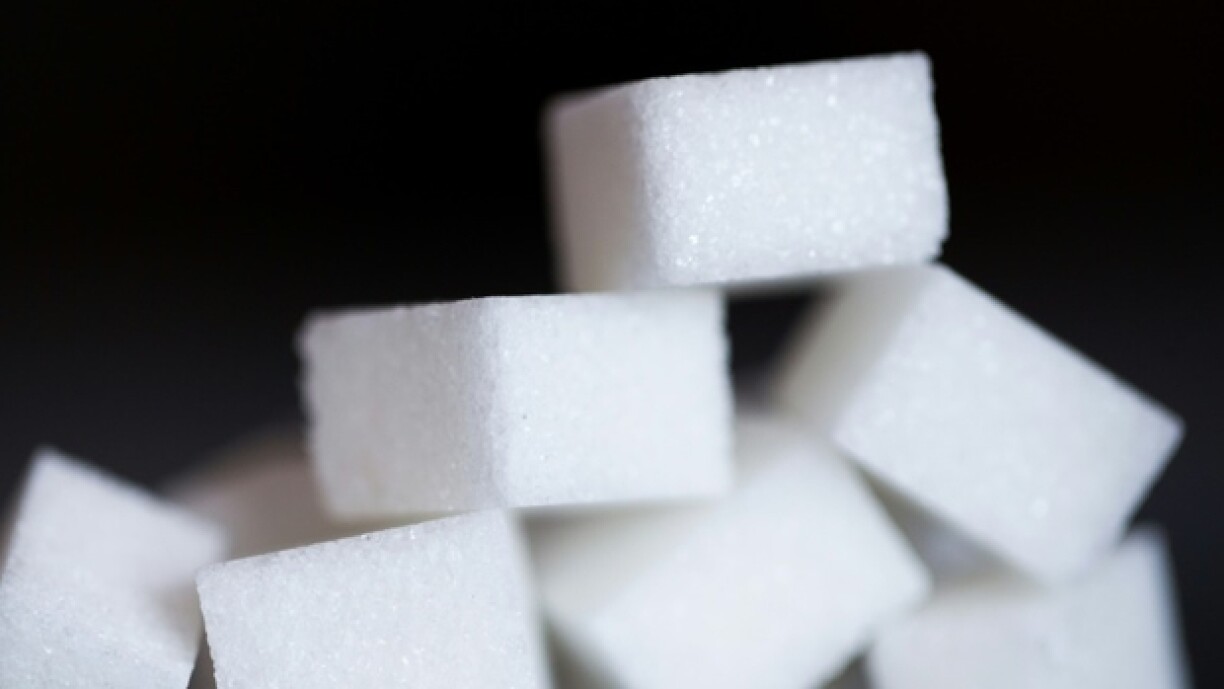
Drinking too many soft drinks can be problematic, as these are partially to blame for the high rates in child obesity, believes the Patient Advocacy Group against the backdrop of alarming figures published in the latest report from the Health Observatory: one in five children is overweight in Luxembourg. The reason behind this is not only too little exercise, but also an unhealthy diet.
Patient representatives are thus sounding the alarm and are calling for measures inspired from abroad. Georges Clees explains that “a sugar tax has already been introduced on drinks in Great Britain. However, the aim is not to make things more expensive, but to reduce the sugar content.”
In other words, it should not be up to the consumer to pay for this, but to the producer. The British are asking for the equivalent of 21 cents for 5 grammes of sugar per millilitre. A recent study by Cambridge University confirmed that the tax indeed is effective and that obesity among young people has been declining.
Georges Eischen, on the other hand, seems to be more skeptical. He explains that he uses less sugar in his local lemonade products anyway, instead opting for a plant-based sweetener. “We really didn’t want to go for chemicals because we are aware of the heightened risk of long-term health problems. If we were to now introduce a law that makes the use of sugar more expensive or more complicated, it is possible that many food producers will resort to chemical sweeteners. This tax would then be counterproductive.”
Clees believes that the best thing would be “if we would generally find fewer sweeteners in our soft drinks. The majority of British producers also say that they are satisfied with what they have implemented. They have made a contribution to people’s health and it seems to be selling well too.”
It is in fact not the first time that a sugar tax is being discussed in Luxembourg. In 2017, former health minister Lydia Mutsch had considered introducing such measures, but this never materialised. While the current coalition agreement contains a lot about prevention, a sugar tax is not mentioned.
Eischen is also concerned about people’s consumer behaviour. Nevertheless, he also acknowledged frustrations over packaging regulations in the ‘healthy’ section of the store he manages: “If fruit and vegetables are no longer protected by packaging, more will be thrown away. This will slow down the development of fruit and vegetables in our consumption rather than encourage it. And then we will have attacked the very food sectors that are the healthiest. And yet, anything with a lot of sugar can still be packaged.”
According to the businessman, the problem of unhealthy eating therefore goes beyond a potential sugar tax on drinks.